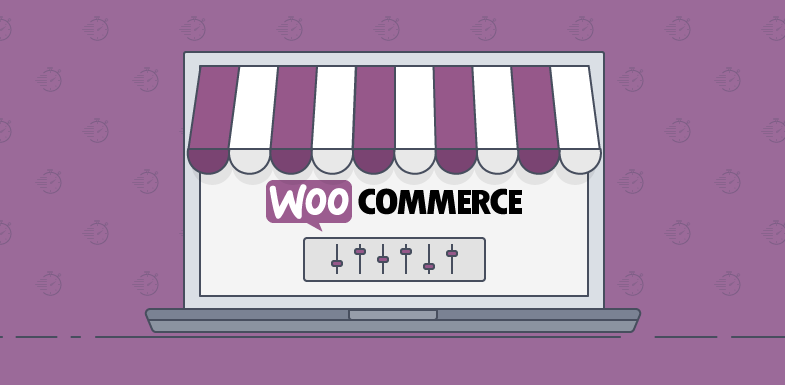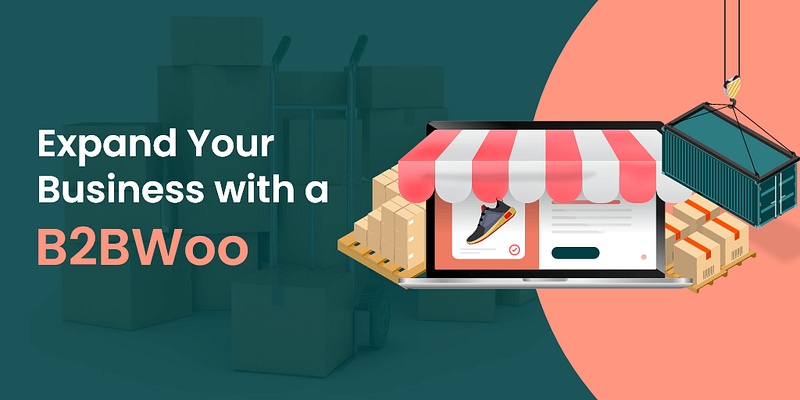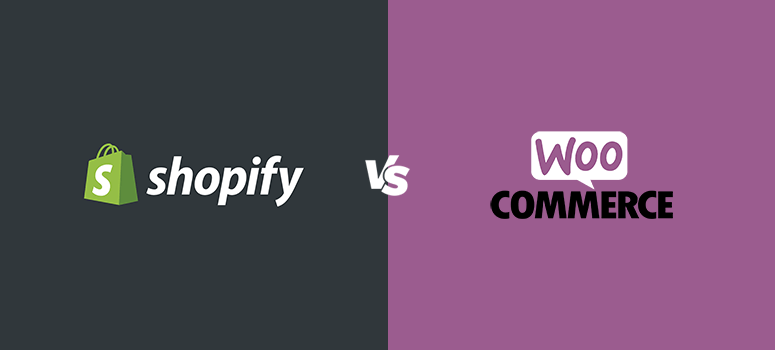Shopify vs WooCommerce : Which Is Better For eCommerce Store?
eCommerce revenues are now fueling competition in the digital economy. Consumers nowadays tend to buy online, particularly in the aftermath of a pandemic. By 2040, it is anticipated that 95 percent of purchases will be made online. Numerous entrepreneurs have seen new prospects as a result of the eCommerce industry. Companies are now embracing this emerging industry pattern and quickly transitioning to digital platforms in order to produce more leads and close more orders. The powerful countries of China and the United States are now shaping the B2B eCommerce market. Amazon and Alibaba, two main brands, have already entered the B2B marketplace. If these top-tier brands already have entered the industry, it’s past time for you to begin to think about it if you wish your company to thrive. However, in order to digitize your brick-and-mortar shop, you must first create your brick-and-mortar business in the digital market. There are several options available if you look across the market. We believe Shopify and WooCommerce are the two most common and credible eCommerce sites among these numerous choices. Now comes the multibillion-dollar question: which eCommerce platform is preferable? Which is a better option? Is it WooCommerce or Shopify? Both eCommerce platforms are exemplary for launching a B2C company. Our key worry, though, is which of one of these two eCommerce platforms is more appropriate for launching a B2B store. In this post, we’ll look at both the eCommerce platforms Shopify and WooCommerce from a B2B standpoint to see which one fits well for a B2B eCommerce store.
Share your project details to build your path toward success.
Although, before we get there, let’s take a quick look at the functionality and prices of both eCommerce sites.
So let’s begin, shall we?
Overview: Shopify vs WooCommerce
Before we jump to the B2B-specific elements of both platforms, let’s take a brief look at the functionality they offer out of the box.
Shopify

Shopify is an eCommerce platform that provides you with everything you could want to start an eCommerce shop. It offers a broad variety of tools — from order tracking to payment integrations and more — to help you improve the efficiency of the eCommerce processes.
All you have to do with Shopify is worry about your company. It is a closed-source solution that handles technical aspects such as storage, encryption, and caching.
WooCommerce

WooCommerce is fundamentally a WordPress plugin. However, in recent years, it has risen above that level to become the go-to solution for all types of eCommerce users.
Since it is built on an open-source platform, such as WordPress, it allows for extensive modification. From an eCommerce standpoint, it offers you a plethora of resources that enable you to easily build a shop.
Aside from its many benefits, using the eCommerce platform needs some degree of technological proficiency. Unlike Shopify, you must handle all storage, stability, and caching matters on your own.
There are several features that can be measured when comparing Shopify and WooCommerce. Let’s take a look at some of the core differences and similarities, shall we?
| Shopify | WooCommerce |
| It is a subscription-based eCommerce solution. | It is free to download but requires a domain name and hosting. |
| It can be used as an eCommerce shop and a Point-of-Sale shop. | It can be only used as an eCommerce shop. |
| You can sell both physical and digital products | You can sell both physical and digital products |
| Shopify offers 24/7 customer support. | WooCommerce offers support through forums, tickets, and blogs. |
| It allows limited modifications. | It allows unlimited modifications. |
| It is a hosted platform. | You need to purchase a domain name, hosting, and SSL certificate. |
| It allows you to sell unlimited products | It allows you to sell unlimited products. |
| You can create discounts and coupons. | You can create discounts and coupons. |
| It offers unlimited file storage. | Your file storage depends upon your hosting provider. |
| It has a B2B-specific eCommerce product - ShopifyPlus. | It has a B2B-specific eCommerce product - B2BWoo. |
This was just a generic comparison of the two platforms. Let us now delve a little further into the comparison that focuses exclusively on B2B-specific features and functionality.
Shopify vs WooCommerce — From a B2B perspective
Shopify plus

Shopify Plus, the company’s flagship offering, offers many B2B-specific options to its subscribers. The features, along with Shopify’s unique themes, plugins, and apps, resulting in a substantial B2B experience.
Shopify Plus, in addition to a dedicated B2B setup, offers a number of value-added features. Such as:
- Purchasing terms
- Search engine visibility
- Password protected shop
- Outstanding catalog management
- Specialized inventory management
- Seamlessly integrates into other existing systems
B2BWoo

Previously, WooCommerce did not have a dedicated B2B setup. You did, however, have WooCommerce plugins that had basic B2B functionality.
Platforms like B2BWoo, which offer an all-in-one B2B solution on WooCommerce similar to Shopify Plus, have significantly changed the situation.
B2BWoo has several features that improve the wholesale experience:
- Quick ordering
- Corporate account management
- Quotation management
- Hide or show products
- Integrates with other existing systems
Shopify vs WooCommerce — Which B2B eCommerce platform is better?
We’ve gone into the main features of these two B2B platforms. The question now is, which one would be best to use?
WooCommerce has a slight lead over Shopify in terms of market size. Shopify, on the other hand, takes the upper hand when it comes to business websites. However, these are just for the eCommerce industry on the whole. What about business-to-business eCommerce in specific?
Both platforms have exactly the same functionalities. They all intend to improve the B2B customer experience. Both systems are highly dynamic solutions developed to scale with the business. Each of the eCommerce products is founded by the leading brands of this industry. Both the platforms allow you to easily align with your current processes seamlessly.
Eventually, your choice is determined by your needs. B2BWoo is the way to go if you want a highly personalized website while keeping technical features and functionality in mind. Or if you just want an eCommerce option without having to worry about the technical aspects, Shopify Plus is the way to go.
Conclusion
Shopify and WooCommerce are both extremely powerful in their own way. At the end of the day, your choice of platform is determined by what you intend to do with it, as discussed in the preceding segment.
We hope this short guide will help you to choose your right solution.







